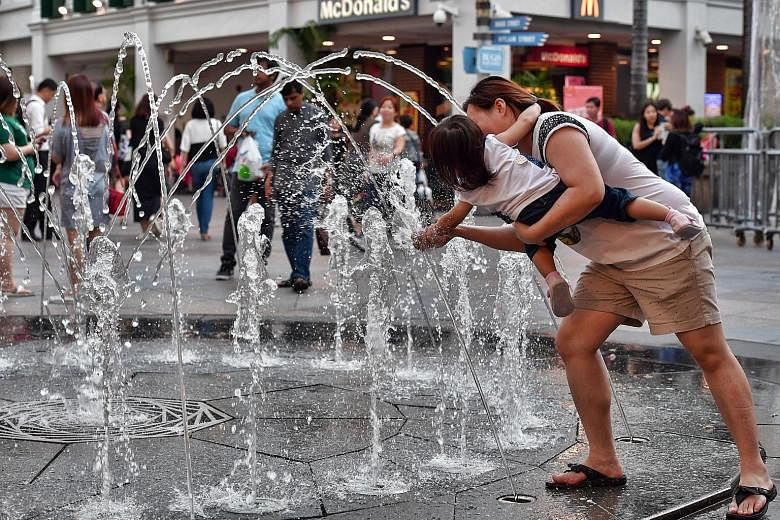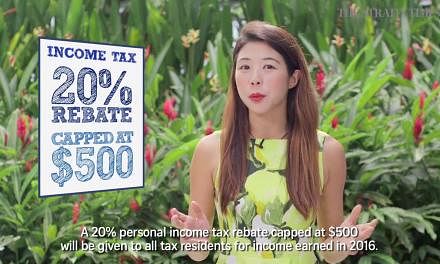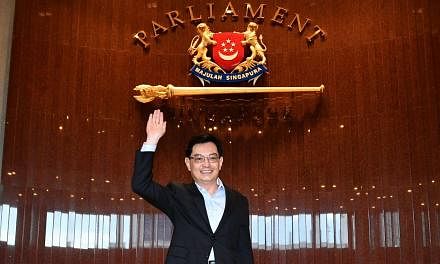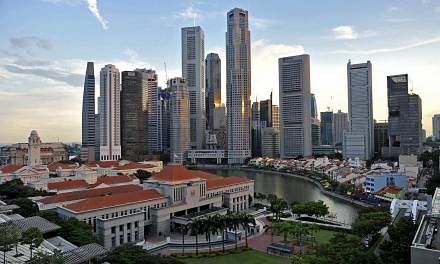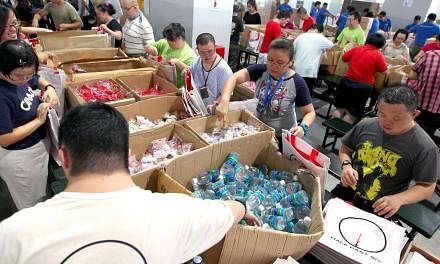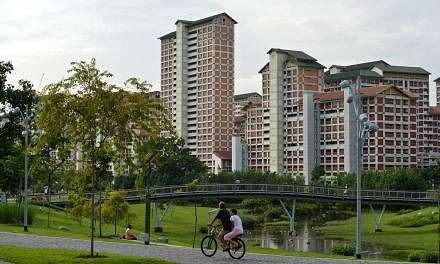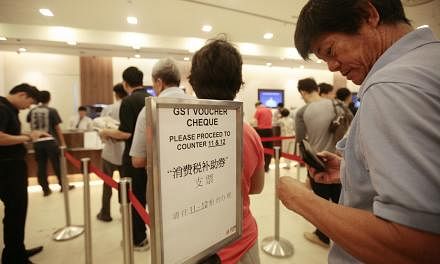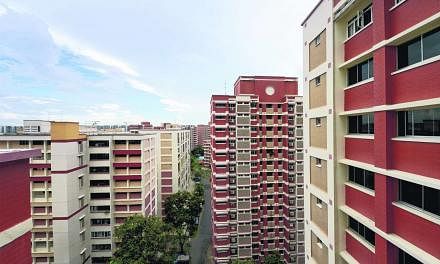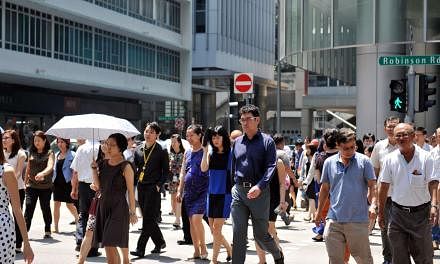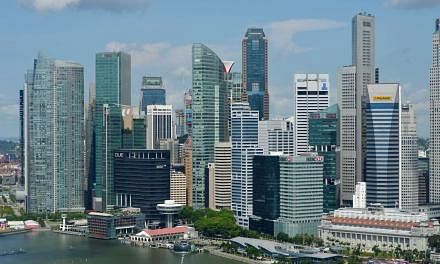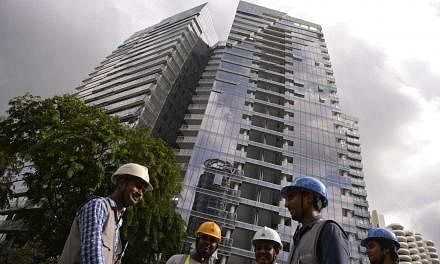Water prices in Singapore will increase by up to 30 per cent in two phases, on July 1 this year and July 1 next year, in the country's first price hike for water in 17 years.
The hikes will apply to potable water for both domestic and non-domestic users and shipping customers, as well as Newater and industrial water.
In addition, a 10 per cent water conservation tax will be imposed on Newater from July 1, to encourage conservation of Newater among industrial users.
And instead of having two separate fees - one based on volume of used water discharged and one based on the number of sanitary fittings - there will now be one fee based on the volume of water used.
The sanitary appliance fee for potable water supplies will be combined with the waterborne fee based on the volume of used water discharged.
Finance Minister Heng Swee Keat, in announcing the hike yesterday, said: "Water sufficiency is a matter of national survival.
"We need to update our water prices to reflect the latest costs of water supply."
He spoke of the importance of investing in costlier methods of water production like desalination and Newater plants to supplement reservoir sources that depend heavily on the weather, to ensure the availability of water supply in the light of increasing demand.
But he also noted that the cost of infrastructure had increased, for instance, because of the need to lay deeper pipes through an increasingly urbanised environment.
The water price increase is one of the various measures the Government is taking to protect the environment and keep the country in good shape for future generations, he added. "It is the right thing to do, even though some of these measures will lead to increases in household costs," he said, adding that the Government will help families, especially low-income households.
To soften the impact of the increase, families in one- and two-room HDB flats will receive $380 in the Government's Utilities-Save rebate annually compared to $260 currently, while families in three- and four-room flats will receive $340 and $300, up from $240 and $220 respectively.
After the rebates, 75 per cent of all households will see their monthly water bills go up by less than $18, while the same proportion of HDB households will see their bills increase by less than $12, he said.
Those in one-room and two-room flats will see a fall of $1, on average, from $26 to $25.
The average bill for a four-room HDB household now is $42, and with the additional U-Save rebates, it will go up to $47 after the hike - assuming water use stays the same.
Professor Asit Biswas of the National University of Singapore's Lee Kuan Yew School of Public Policy said that given the water security challenges Singapore faces, the price should have been increased by 50 per cent for domestic users and doubled for industrial users.
"Even after this price increase, their water bills will constitute only about 0.5 per cent of the average household income," he said.
Singapore's average monthly household income last year was more than $10,000, according to the Department of Statistics Singapore.
Civil servant Ong Chun Yeow, 40, practises water-saving habits at home and sees the price hike as a move which recognises the preciousness of water.
Singaporeans will save water if they feel the pinch, he said.
At home, Mr Ong waters his plants using water that has been left over from washing vegetables. He has also improvised a filter from pebbles, sand and cloth to clear up dirty water for flushing the toilet.

Ms Olivia Choong, co-founder and president of environment group Green Drinks Singapore, said the price increase was bigger than what she expected. But she understood the reasons for it.
The resident of a landed property in Sennett Estate already uses low-flow shower heads and places bottles of water in the toilet cistern to reduce its flushing capacity.
"It is really a luxury to have clean water," said Ms Choong, adding that it was an opportunity to get that message across .
But senior promotions executive Khor Si Hui, 25, who lives in a four-room flat with her mother and elder sister, was surprised by the 30 per cent increase. Their monthly water bill is about $30.

"It would have been less of a shock if it was a 10 per cent jump. And it would have been better if the increase was spread over a longer timeframe than two years," she said. "Still, we can't not pay, so I will try to take shorter showers."
• Additional reporting by Audrey Tan and Rachel Au-Yong
